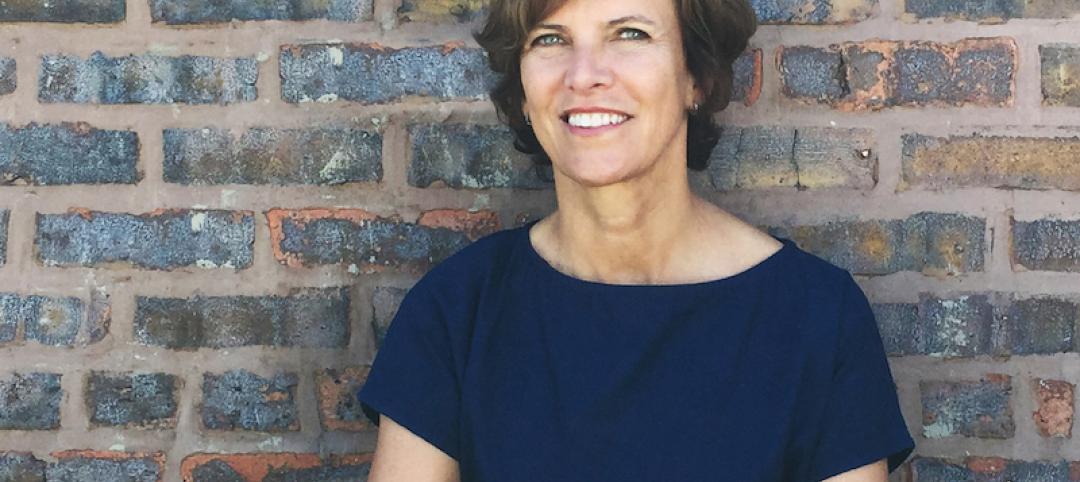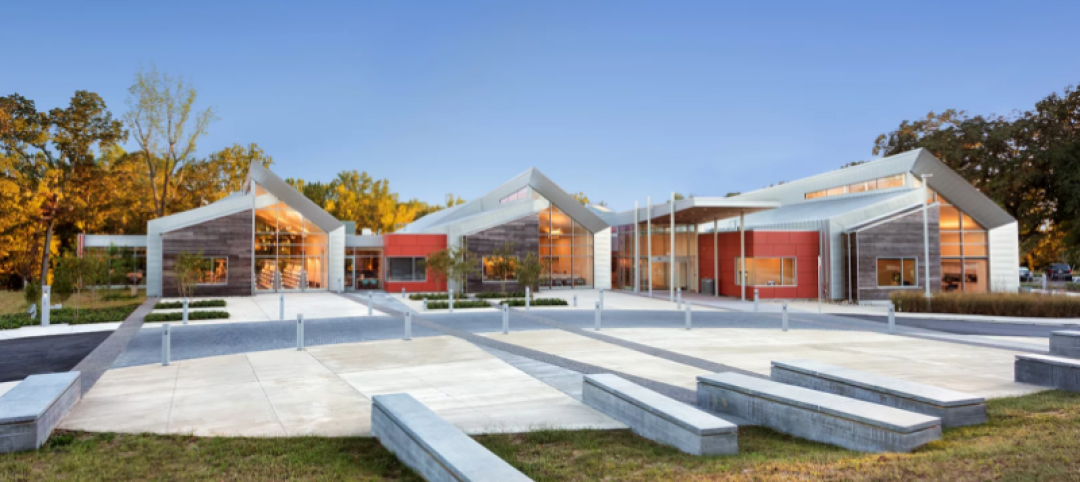You’re probably pretty content in your present position. But if your “dream job” opened up, would you be ready to go for it? Would your resume be up to today’s standard? In many cases, probably not.
Design Force can help. We have 12 years’ experience providing premium career development support to AEC professionals. We’d be glad to review your resume on a free, 100% confidential basis.
One item that can be very effective in any resume is your experience with mentoring. Many design and construction firms have formal mentorship programs that pair new professional staff with veteran members of the firm. How effective is your firm’s mentoring program? Don’t have one? Maybe you should help get one started.
There are different forms of mentorship. In many AEC firms, mentoring occurs almost by accident. The new staff member somehow latches on to a more established person in the firm to seek advice and counseling on the ins and outs of the firm.
This form of mentorship gives you choice—you’re not getting stuck with someone you don’t like. But there’s no guarantee that the mentor will do a good job, or even that he/she is really interested in mentoring you.
At some AEC firms, particularly the larger ones, you may be assigned a mentor by the HR department, the CEO, or your department head. This has the advantage of being sanctioned by your firm and presumably tested over time. You can reasonably expect that the mentorship has a structure and that you will benefit from it. On the other hand, due to personality differences, gender issues, age or generational differences, etc., you may not be entirely comfortable with your assigned mentor. This could prove awkward in the everyday work environment.
You may want to have more than one mentor: one for specific advice about the workings of the firm—its strategic direction, what kinds of project work is most valued, what management is looking for from you, what gaps exist that fit you can fill to enhance your career growth path; the other for more general advice about your profession—how to get placed on professional society committees, how to obtain speaking engagements, what pro bono work can help your career, community service, alumni affiliations, etc. This person may be completely outside your firm but well-established in your profession.
Mentorships should have clear guidelines. You and your mentor should establish how frequently you will meet—once a week? Once a month? Quarterly?—and under what circumstances—coffee outside the office? A formal sit-down in the office? Should the discussion be business only, or can personal matters enter into the conversation? How long a period should the mentorship last? Should it be reevaluated once a year? How would it be ended? Should there be a written report at some point? Who would have access to such a report?
Some AEC firms have come up with interesting innovations in their mentorship programs. One firm we know assigns two mentors to every new employee. This helps you get feedback and advice from different perspectives.
Other firms are using two-way mentorships. Senior staff members work with younger or junior staff on subjects like how to improve client relations, how to bring in business, and how to get things done most effectively within the firm’s structure.
The protégés then work with their senior counterparts on solving problems that they’re more comfortable with, such as how to implement new software, or how to use the latest AEC-industry apps.
An interesting approach we recently learned about through one of our clients is for you and your mentor to take responsibility for a specific task that contributes to the firm's betterment. It could be a better way to catalog standards in the firm’s library, or the development of a new presentation prep technique, or rethinking the marketing strategy for a studio.
What if you are asked to become a mentor? My advice: Think carefully before agreeing to do so. Mentorship is a serious responsibility. Your protégé’s career can and probably will be affected by the quality of the mentoring you provide.
But mentoring, done right, can give you visibility to climb in your career—and for your protégé as well. You’re both working hard for your individual improvement and the firm’s betterment.
Ahmed Kurtom is Managing Principal of Design Force, a Washington, D.C.–based firm specializing in career placement opportunities for AEC professionals.
For a FREE 100% CONFIDENTIAL resume review by an experienced Design Force hiring manager, email your resume to: careers@designforcesolutions.com - SUBJECT LINE: Free Resume Review/BDC090816A
Related Stories
Building Team | Jun 23, 2017
These are the recipients of the AIA's 2017 Small Project Awards
11 projects were awarded in 2017.
Building Team | Jun 22, 2017
Seven lessons learned on commissioning projects
Commissioning is where the rubber meets the road in terms of building design.
Sponsored | Building Team | Jun 20, 2017
Plan ahead when building in the west
Getting a project through plan review can be an unusually long process, anywhere from six months to two years.
Architects | May 9, 2017
Movers + Shapers: The social connector
Studio Gang gains fans with buildings that unite people and embrace the outside world.
Sponsored | Building Team | May 8, 2017
The builder is the building: Finding the right builder
The most important factor in making sure the where, when, what, and how go smoothly is making sure you pick the right who.
Architects | May 3, 2017
Avoiding trouble in paradise: Tips on building successfully in the Caribbean
The island setting itself is at the root of several of these disruptive assumptions.
Libraries | Apr 7, 2017
Eight recipients selected for the 2017 AIA/ALA Library Building Awards
Columbus Metropolitan Library, National Library of Latvia, and Varina Area Library were all honored by the AIA and ALA.
K-12 Schools | Apr 7, 2017
Is an alternative project delivery method right for your K-12 school district?
With California’s increasingly busy—and costly—construction market, it’s becoming more difficult to predict costs with a typical design-bid-build delivery method.
Market Data | Apr 6, 2017
Architecture marketing: 5 tools to measure success
We’ve identified five architecture marketing tools that will help your firm evaluate if it’s on the track to more leads, higher growth, and broader brand visibility.
Sports and Recreational Facilities | Apr 5, 2017
Informed design: A dynamic approach to athletic facilities design
With the completion of the athletic facility upgrade—dubbed the Arden Project—students will have access to state-of-the-art facilities.
















